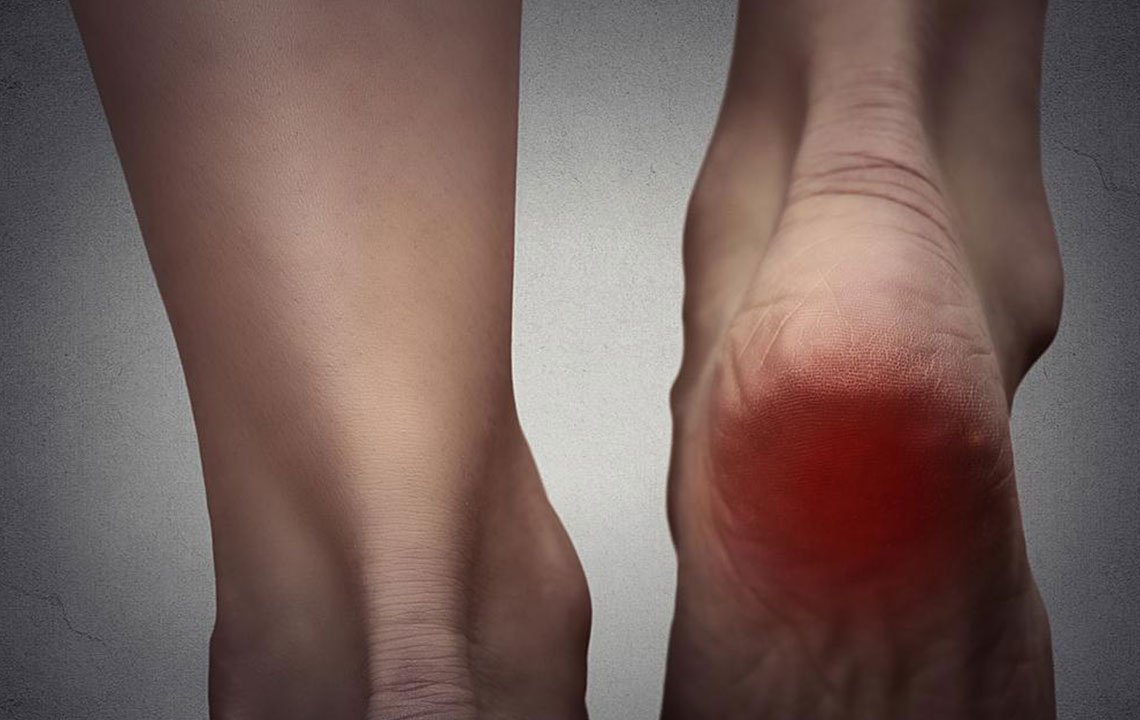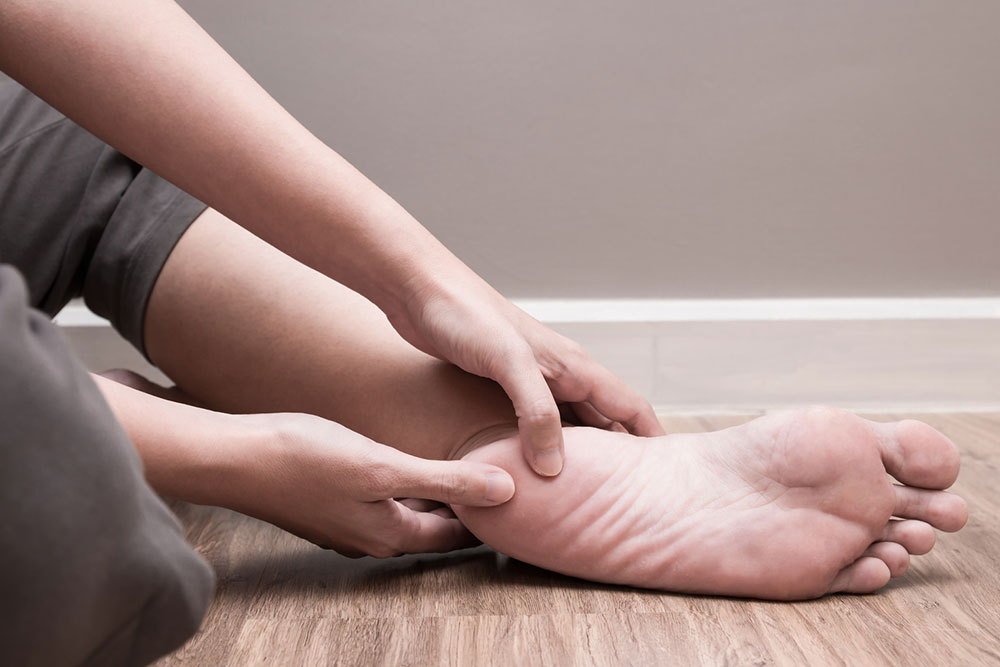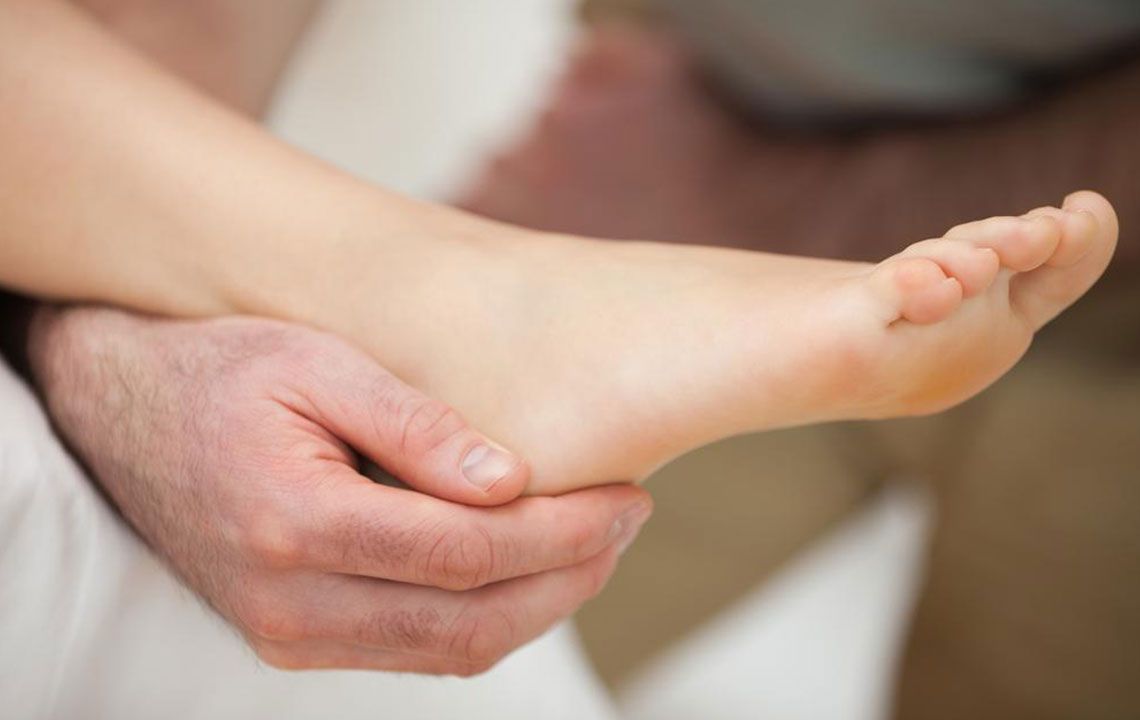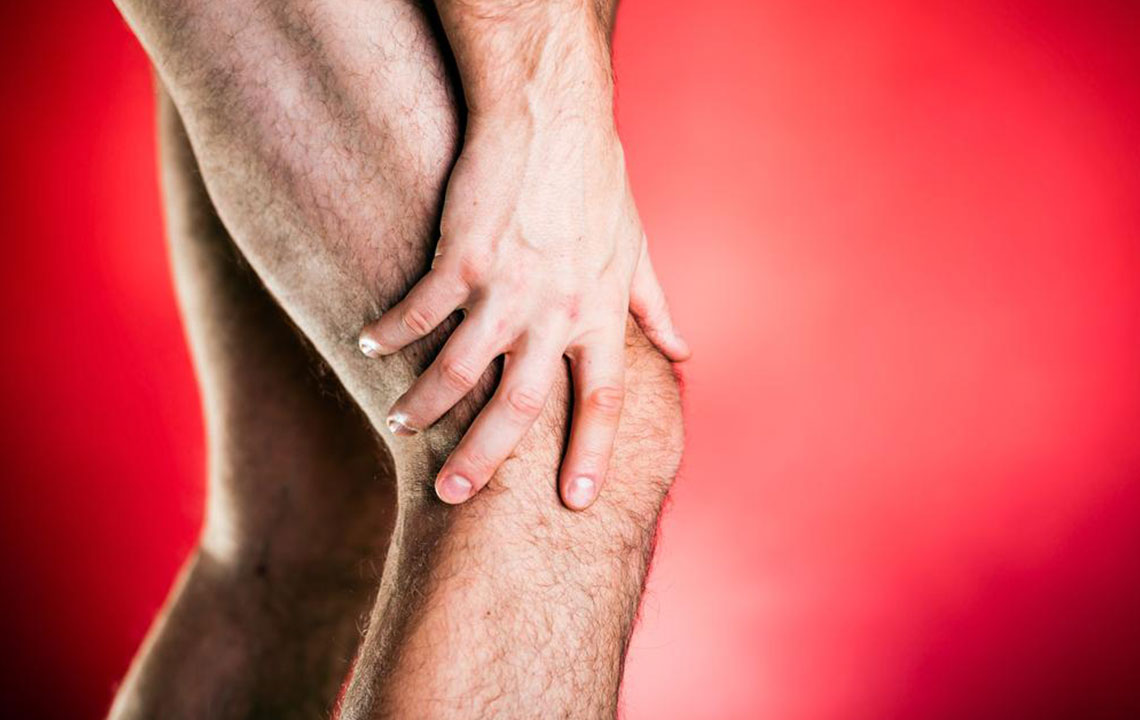Understanding Causes and Remedies for Burning Foot Discomfort
Learn about the causes, diagnosis, and effective treatments for burning foot pain. From nerve damage related to diabetes, alcohol, or genetic conditions to home remedies for relief, this guide covers everything you need to understand and manage this uncomfortable sensation safely.
Sponsored
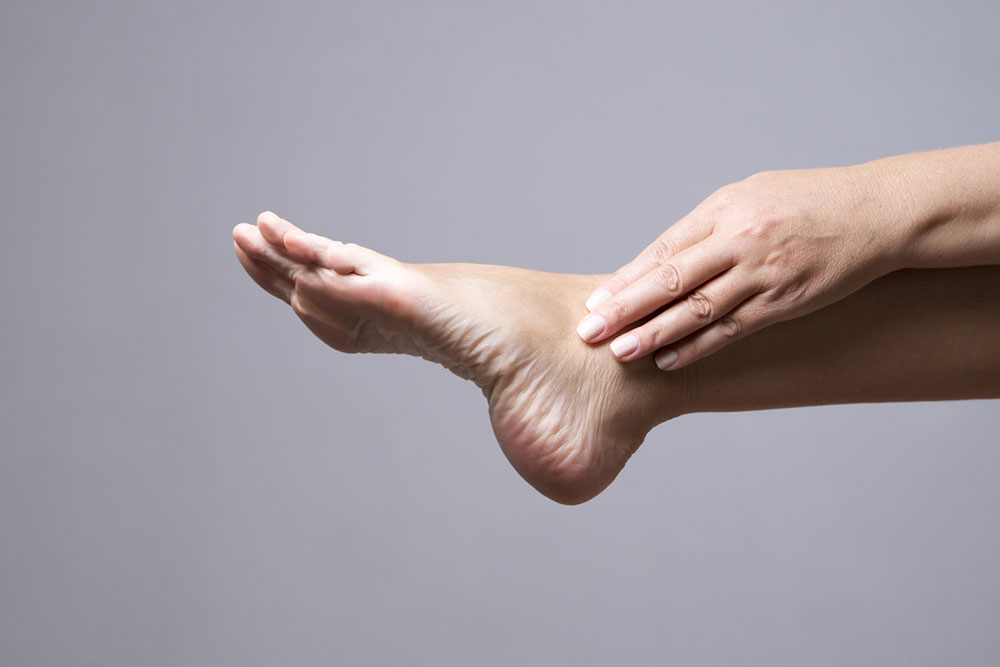
A sensation of burning in the feet often indicates nerve issues stemming from various health problems. Diabetes is a primary culprit, but other conditions can also cause this symptom. The discomfort can vary from mild to severe and may be intermittent or persistent. Some individuals experience a hot, tingling, or prickling sensation, often worsening at night.
Common causes of burning feet
While sometimes the origin remains unknown, many cases are linked to specific medical conditions diagnosed by healthcare providers.
Key causes include:
Diabetic nerve damage
Elevated blood sugar levels can damage blood vessels and nerves, impairing signal transmission and reducing oxygen and nutrient delivery to nerve cells, especially in the feet. The National Institute of Diabetes and Digestive and Kidney Diseases notes that about 60-70% of individuals with uncontrolled diabetes experience some form of nerve damage.
Factors increasing neuropathy risk:
Obesity
Hypertension
Smoking
Alcohol use
Peripheral neuropathy refers to nerve damage affecting the legs and feet. Symptoms include:
Tingling or numbness in extremities
Sharp, stabbing pains
Leg or arm weakness
Excessive sweating
Small fiber sensory neuropathy (SFSN)
This painful nerve condition causes burning sensations, feeling loss, and short bursts of pain due to damage to the myelin sheath.
Alcohol-related nerve damage
Heavy drinking can lead to alcoholic neuropathy, with symptoms like muscle weakness, loss of function, urinary or bowel issues, dizziness, and speech difficulties.
Genetic nerve disorders (CMT)
Charcot-Marie-Tooth disease is inherited, affecting muscle control, often presenting with burning sensations or pins and needles in the extremities. Clumsiness and muscle wasting may also occur. The CDC states that 1 in 2,500 people are affected.
Post-injury nerve conditions (CRPS)
Developing after trauma or surgery, CRPS causes limb pain, swelling, and skin changes due to nerve signaling disruptions.
Hormonal imbalance (Hypothyroidism)
An underactive thyroid can cause swelling pressing on nerves and lead to burning sensations. Other signs include fatigue, weight gain, and dry skin.
Fungal infections (Athlete’s foot)
A contagious condition common among athletes, causing burning, itching, and tingling between toes or on soles.
Diagnosing burning foot pain
Seeing a healthcare professional is essential. They will perform physical exams, review medical history, and order tests such as blood panels for diabetes, thyroid levels, kidney function, vitamin deficiencies, HIV, or other infections.
Approaches to treatment
Therapy depends on the root cause. Options include:
Antifungal treatments for athlete’s foot
Vitamin B supplements
Thyroid hormone therapy
Supportive footwear
For severe cases, advanced therapies like nerve stimulation, magnetic therapy, laser, or light treatments may be recommended.
Home remedies for temporary relief
Try these methods for interim comfort:
Soak feet in cold water for instant relief
Use Epsom salts or apple cider vinegar soak (consult your doctor if diabetic)
Massage the feet to enhance circulation
Apply topical creams with lidocaine or capsaicin to soothe pain
Always consult a healthcare provider before starting any treatment or home remedy to ensure safety and appropriateness.

